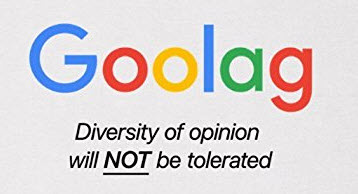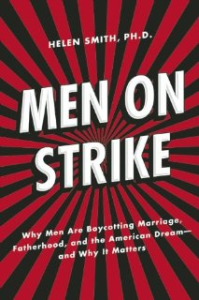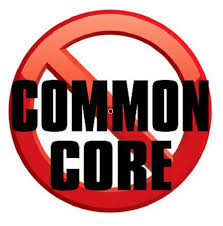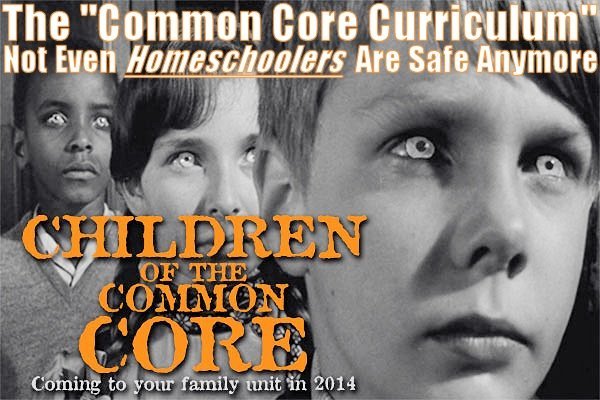Consensus? What Consensus? | Power Line.
Here in Colorado at the moment the League of Conservation Voters is running a carpet-bombing TV ad campaign against Republican Congressman Mike Coffman (and three other Republicans elsewhere) for the sole sin of not signing up the for the environmentalist climate agenda. There are two fun parts of the Coffman ad: first, the factoid that he accepted $300,000 from “big oil and gas” interests. Whoa! I note that the LCV ad campaign will spend something like $800,000 on these spots against Coffman. Pot, meet kettle. (Make sure they are lead-free, and heated by renewables.) Clearly Coffman hasn’t taken enough campaign contributions from oil and gas, and I hope they step up to defend him.
But much more fun is to take in the current climate campaign mantra in the ad that “97 percent of scientists agree” about human-caused global warming. The only notable thing here is that the survey doesn’t find that 100 percent of all scientists agree …
Hmmm. The global warming crowd along with a complicit media, including the Boulder Daily Camera, continue to run down this dead end road.










What I remind people is that science is not a popularity contest, and that “consensus” is a political distinction, not a scientific one. If scientists are testing a theory comprehensively and thoroughly, listening to scrutiny of the results, and are getting validated results that consistently appear within a range, then that’s a scientific answer that should be taken seriously, but that’s not consensus. That’s Nature expressing a consistent result, not scientists.
A problem that some scientists are finding is that what appear to be “established” scientific findings are nothing more than confirmation bias. Scientists have repeated experiments in an attempt to validate claims, but consciously or unconsciously biased the results so that they would agree with what appeared to be established opinion, thereby reinforcing it. This does not strengthen science, but weakens it. It appears that how we fund science is a major factor in this. Scientists fear losing funding, and probably cooperation in their field, for their work if they report honestly and contradict their peers.